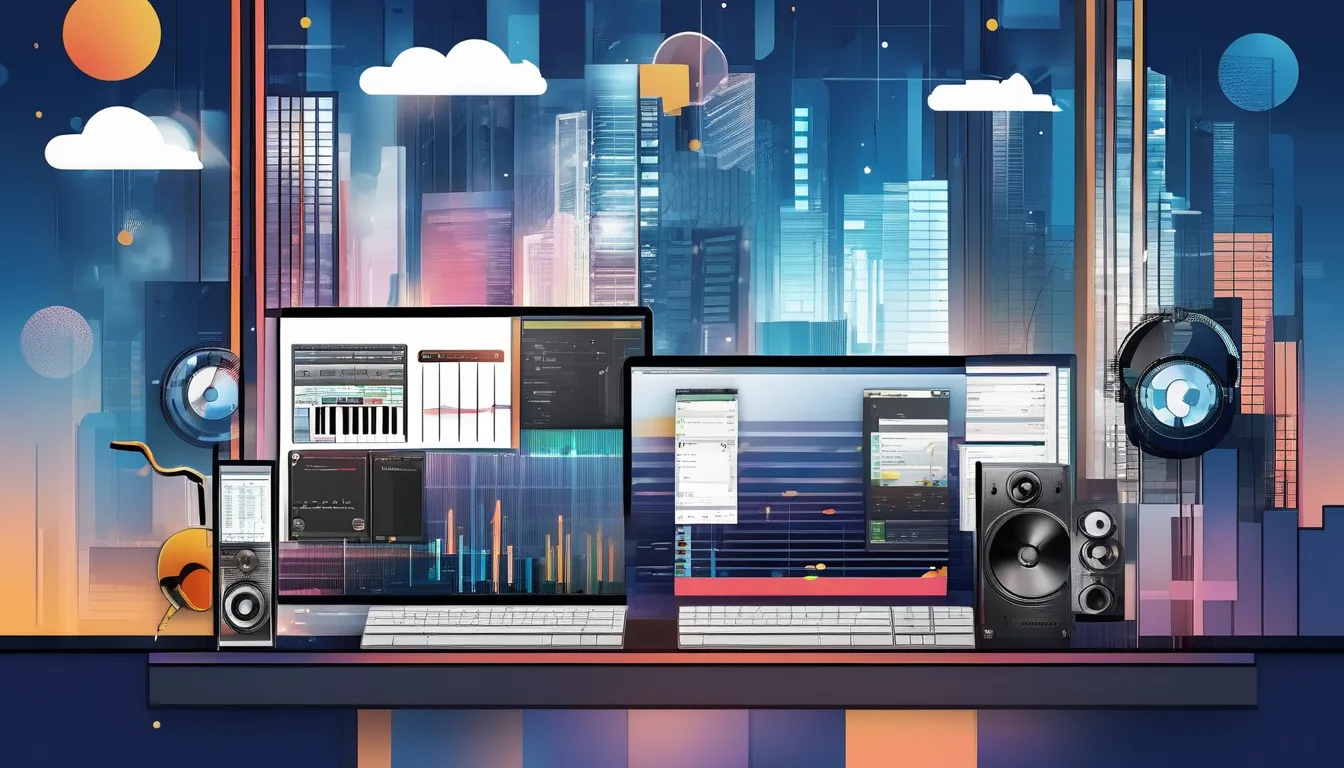Understanding Music Royalties: How Restaurant Owners Can Navigate Costs

Music plays a vital role in creating an inviting atmosphere in restaurants, enhancing the dining experience for patrons. However, playing music comes with legal obligations in the form of music royalties. For restaurant owners, understanding these costs is essential to avoid potential legal issues and manage budgets effectively.
What Are Music Royalties?
Music royalties are payments made to artists, songwriters, and copyright holders for the use of their music. When a restaurant plays recorded music, whether through radio, streaming services, or live performances, it is required to pay royalties. These payments ensure that creators are compensated for their work and encourage the continued production of music.
Types of Music Royalties
-
Performance Royalties: These are the most relevant for restaurant owners. They are generated whenever music is publicly performed, including live music or recorded tracks played over speakers.
-
Mechanical Royalties: While less common in restaurants, these are paid for the reproduction of music, such as in CDs or vinyl records.
-
Synchronization Royalties: These are relevant for music that is synchronized with visual media, not typically applicable in restaurant settings.
Licensing Organizations
To legally play music, restaurant owners must obtain licenses from performance rights organizations (PROs). In the United States, the major PROs include:
- ASCAP (American Society of Composers, Authors, and Publishers)
- BMI (Broadcast Music, Inc.)
- SESAC (Society of European Stage Authors and Composers)
These organizations manage the rights of millions of songs and ensure that artists are compensated when their music is played in public spaces.
Navigating Licensing Costs
1. Assess Your Needs
The cost of licensing will depend on various factors, including the size of the restaurant, the type of music played, and whether live performances are held. Smaller venues may have lower fees, while larger establishments may incur higher costs. Assess your establishment's needs to choose the right licensing option.
2. Choose the Right Licensing Option
Restaurant owners can opt for blanket licenses, which cover all music in a PRO’s catalog, or specific licenses for individual songs. Blanket licenses are often more convenient, allowing for the free choice of songs without worrying about individual permissions.
3. Budget for Royalties
Include music royalties in your operational budget. Understanding that these costs are a necessary part of running a restaurant can help you plan accordingly. Costs can vary, typically ranging from a few hundred to several thousand dollars annually, depending on the size and nature of your establishment.
4. Consider Alternatives
If licensing costs are prohibitive, consider alternatives like using royalty-free music or hiring local artists for live performances. Many platforms offer royalty-free music that can be played in restaurants without additional fees, providing a budget-friendly solution while still enhancing the ambiance.
Staying Compliant
To avoid fines and legal issues, ensure compliance with all licensing requirements. Keep records of all music played and the licenses obtained. Regularly review and renew licenses, as failure to do so can lead to significant penalties.
Conclusion
Understanding music royalties is crucial for restaurant owners looking to create a welcoming environment while staying compliant with legal requirements. By navigating licensing options and budgeting for these costs, restaurant owners can enhance their patrons' experience while supporting the artists behind the เพลงในร้าน . With careful planning, enjoying the benefits of music in your restaurant can be both rewarding and legally sound.







